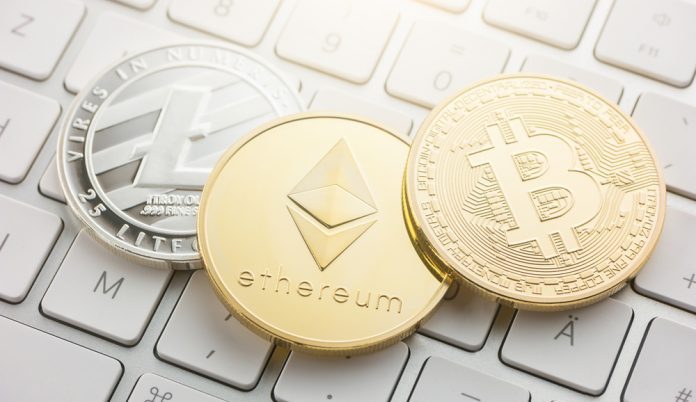TOKYO: Four years after popular Tokyo-based bitcoin exchange Mt Gox was hacked and went bankrupt, the case still casts a shadow over the regulatory regime put in place to protect Japan’s thriving cryptocurrency market.
Former CEO of Mt Gox, Mark Karpeles says he hopes to recoup the millions lost by his customers in the heist. That’s now a possibility, given the surge in bitcoin’s value in recent years to some 10 times its earlier value.
“What I’m trying to do is to find the best solution,” Karpeles said in a recent interview, “because I believe it is my responsibility as CEO of Mt Gox.” Mt Gox still had about 200,000 bitcoins left in a separate storage location after 850,000 disappeared in 2014. Those holdings are managed by court-appointed trustees who have sold 35,000 bitcoins, raising 44 billion yen ($415m) in cash to reimburse losses from the exchange’s failure. Based on today’s prices, the remaining bitcoins are worth far more than the estimated $620m in earlier losses.
The trustees deny claims that sale triggered a recent slight drop in highly volatile bitcoin prices.
After Mt Gox collapsed, Karpeles was detained for months before being released on 10m yen ($94,000) bail while awaiting the outcome of his trial for embezzlement and data manipulation, charges unrelated to the hack.
Mt Gox was a wakeup call for Japan, though the relatively strong regulatory regime set up after the bitcoin dealer has not prevented further hacks. Earlier this year the Tokyo-based Coincheck exchange reported a 58bn yen ($547m) loss of a cryptocurrency called NEM due to suspected hacking.
About half the world’s bitcoin trading is estimated to be in yen and there are 16 licensed virtual currency exchanges in Japan, where bitcoin owners alone number 2-3m. That could grow to 10m this year, said chief executive for BitFlyer, Yuzo Kano, one of Japan’s largest licensed cryptocurrency exchanges.
“Japan is now bitcoin’s heart, the country that is at the center of its support,” said Kano, who helped the government set up its licensing system and other regulations.

























